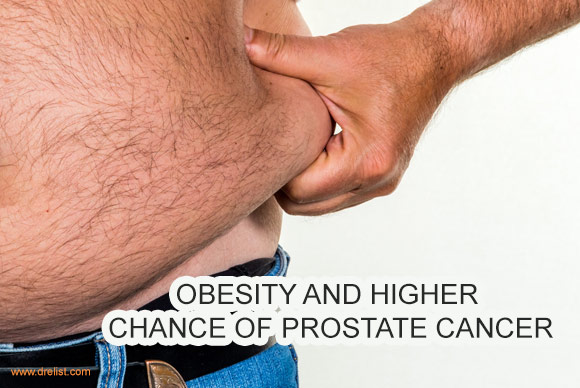Obesity could make prostate cancer more aggressive, study says
/A new report from an ongoing global research study was recently released finding strong evidence that obesity is linked to aggressive prostate cancer.
The report, Diet, Nutrition, Physical Activity and Prostate Cancer was released in partnership by the American Institute for Cancer Research (AICR), World Cancer Research Fund and International’s Continuous Update Project (CUP).
The report analyzed 104 studies including over 9.8 million men and more than 191,000 cases of prostate cancer – making it the most extensive review of diet, nutrition, physical activity, weight and prostate cancer risk to date. It also downgrades prior evidence suggesting that lycopene and selenium reduce the risk for prostate cancer and found evidence that being tall may actually increase the risk for prostate cancer.
Having a family history of prostate cancer, being African-American, or being older than 50 increases a man’s risk for prostate cancer. This new evidence may now add obesity to the list.
“This is the first time our rigorous process has uncovered a clear and consistent link between body fat and prostate cancer,” said CUP Panel lead Dr. Edward Giovannucci, of the Harvard School of Public Health. “Today we have something new to tell men worried about this disease: You can take steps to help protect yourself from its most aggressive and deadliest forms.”
According to the American Cancer Society, an estimated one out of every three cancer deaths in the United States is linked to excess body weight, poor nutrition and physical inactivity. While these factors are all related, body weight has the strongest link to cancer. Breast, colon, rectum, endometrial, esophageal, kidney and pancreatic cancer are the most common cancers linked to obesity.
The link between excess body fat and cancer risk is not completely understood. However, we do know that excess weight may increase cancer risk by affecting immune system function and inflammation, hormone levels, factors that regulate cell division and proteins that influence how the body uses certain hormones. With prostate cancer, specifically, when visceral fat surrounds the prostate, it can secrete hormones that feed tumor cells and increase prostate cancer growth.
Currently, about 71 percent of men in the United States are overweight or obese. For adults, overweight and obesity ranges are calculated using height and weight to get body mass index (BMI), which correlates with the amount of body fat a person has. An adult with a BMI of 25.0 to 29.9 is considered overweight, while an adult with a BMI of 30 or higher is considered obese.
Many prostate cancers are not aggressive or grow slow enough that a man never dies from the disease. However, many men are diagnosed with highly aggressive prostate cancers which can be deadly. They are most often found in African-American men or younger men.
AICR estimates that 11 percent of all advanced prostate cancer cases in the U.S. could be prevented by maintaining a healthy weight. While factors like age, race, and family history are out of our control, living a healthy lifestyle including a balanced diet and exercise is within our control.

